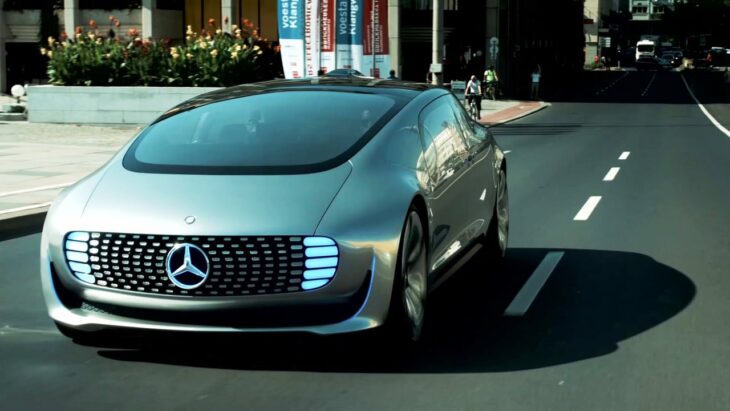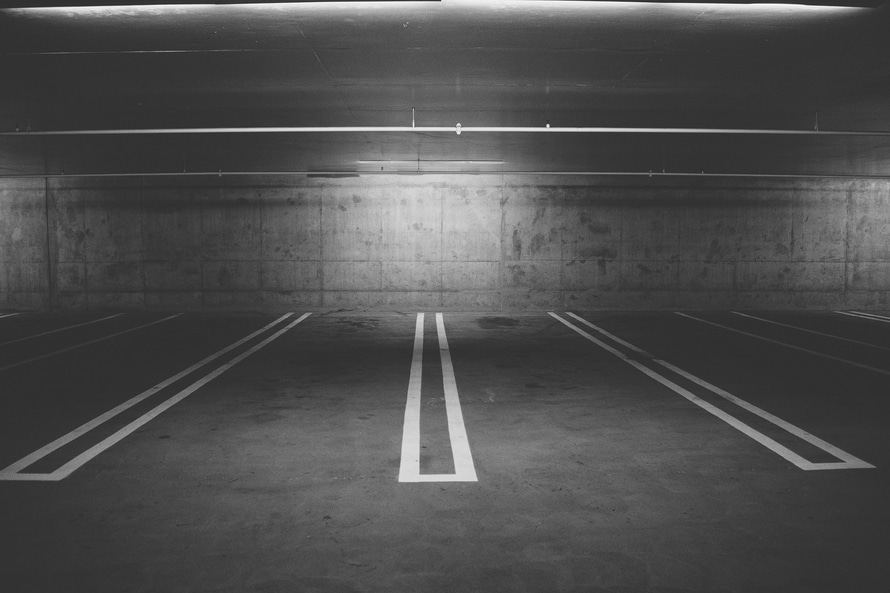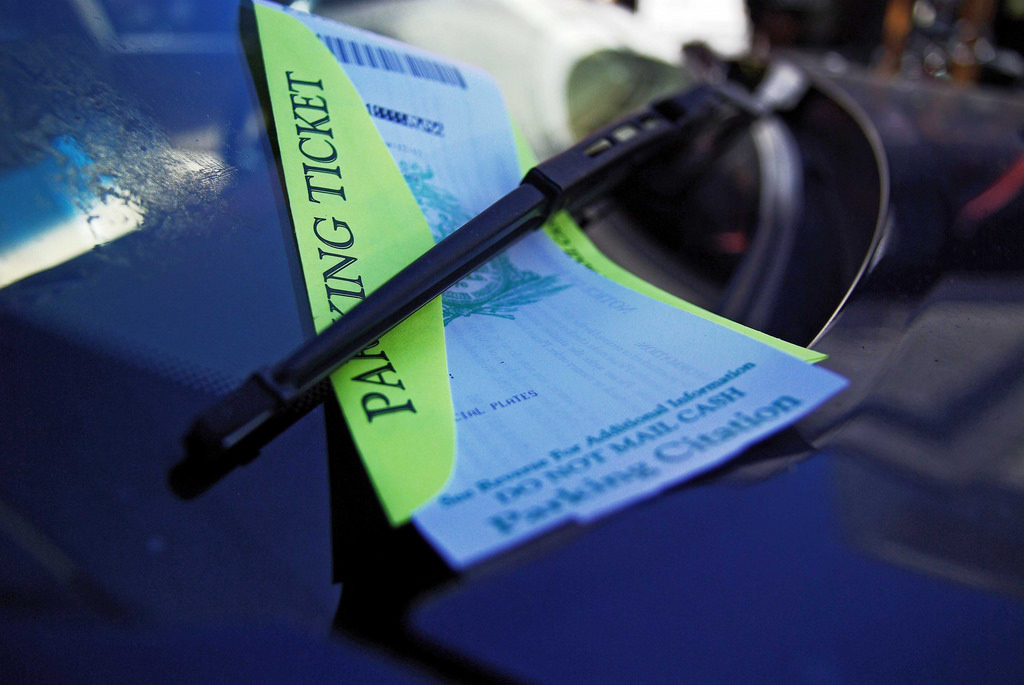Fly over any American city and one gets the impression it’s more a home for cars than for people. Cars have determined our world for decades. That’s soon to change.
Self-driving cars will do more than disrupt the worldwide $1.6 trillion dollar automotive industry. Much of the world and its economy over the last hundred years has been built around the private, self-driven car. The car has shaped cities, formed societies, and made careers – if even in an indirect way.
Today, self-driving cars are still in their infancy. Telsa offers an “autopilot” mode as a $40 per month extra on their electric cars. It’s billed more as a convenience and safety upgrade than as a robotic driver, though many Tesla owners have come to rely on it as such. Google is experimenting with a purpose-built self-diving car intended for low-speed urban environments. Audi has concentrated on the performance angle, demonstrating a self-driving A7 sedan at various racetracks. Other auto manufacturers and tech companies have their own, less-publicized efforts underway.
What becomes of the world in twenty years or so when, as Tesla’s Elon Musk predicts, self-drive is the rule rather than exception?
Mobility, Not Cars
Cars mean mobility. The reason to own a private car is simple: it enables the owner to go wherever, whenever.
But what reason will there be to to own a personal car when personal mobility itself is available for a low fee, eliminating the need to pay the monthly costs associated with buying, maintaining, or even insuring your car.
Uber started the rush towards commodifying mobility. It’s reported that many millenials are forgoing driver licenses in favor of getting around via Uber. The rush will intensify when your friendly Uber driver is replaced by an automated pilot in an electric car, and cost-per-ride predictably plummets.
The secret is out. People know they aren’t buying cars: they’re buying mobility. Uber presented a better mobility option for many. The self-driving car completes the Uber revolution.
No More Parking Lots
In the US, city planners figure on devoting between 2000 and 4000 square feet per car to parking. Every housing development, office, retail, and entertainment space must take into account parking for private cars, resulting in paved areas and structures used only part-time to house a car waiting to be driven.
In fact, there are 40,000 paid parking lots in the U.S., forming the basis of an industry valued at $100 billion.
What if the car that brings you to the shopping mall isn’t your car at all? What if it could take employees to work while you’re shopping? Why does it need to stay in the parking lot, depreciating?
The widespread adoption of the self-driving car will see thousands of acres of parking space in expensive urban centers converted to housing or retail. Self-driving cars will ferry themselves to distant lots in lower-value areas during the less-busy hours, where they will wait and listen through mobile VSAT internet for their next call.
The revenue once generated by paid parking lots (and downtown curbside meters) will need to be found somewhere else.
Say Goodbye to Traffic Fine Income
Some bitter drivers refer to police as “revenue generators.” They’re not far off the mark.
In 2013, speeding tickets resulted in over $6.2 billion in income for state and local governments. Lead feet turn into gold in the coffers of governments everywhere.
When we leave the driving to autopilot, we’re far less likely to run afoul of speed laws and other traffic rules. The shortfall will affect police staffing levels as well as the economic viability of some entire cities.
The Long Tail of the Car
Because private vehicle ownership has been so universal, and so woven into the fabric of our lives, the sudden removal of the presumed need for a private car will have wide-ranging, unpredictable consequences.
Businesses based on private cars generate trillions in income. Car maintenance, RV dealerships, and maintenance shops, washing and detailing employ millions. These industries will face a severe shakeup. Changes to home and urban design will reshape our world.
Cities might look entirely different from the air only thirty years or so from today.






